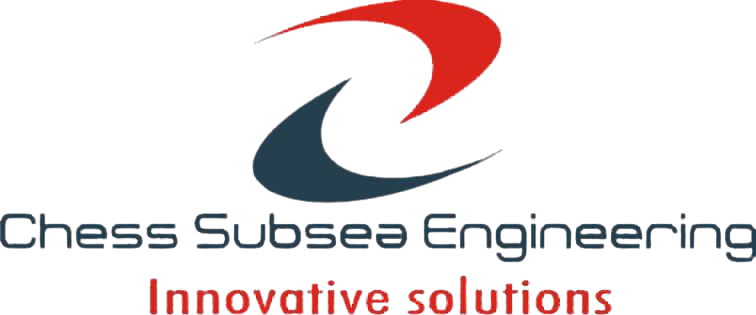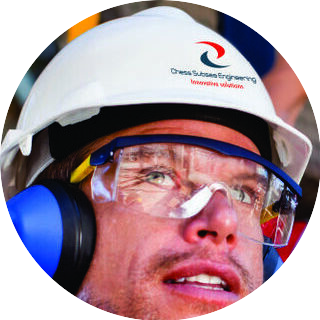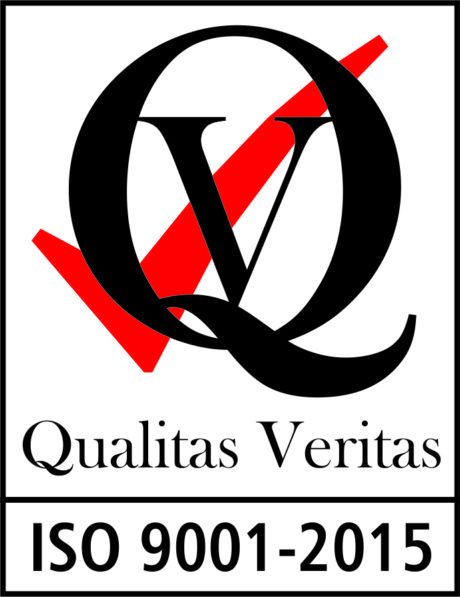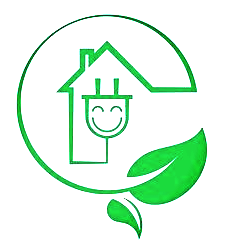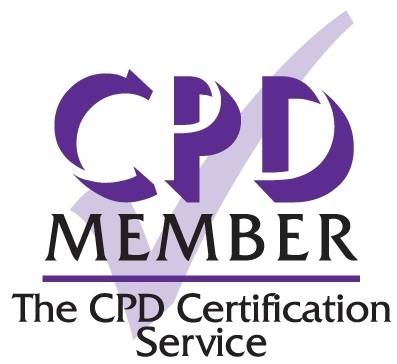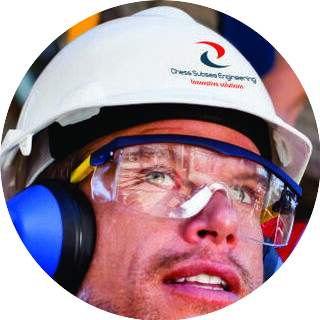This course can be done after completing Class III. The 50-meter commercial air diver is the highest level of commercial air diving that a diver can take. This is minimum qualification a diver needs to work offshore in the oil and gas industry, although a diver completing Class II still needs to spend 2 years doing what is called “civil work”. Civil work is working in the local harbors and at the sea doing general diving work to gain extra water time and experience before applying for work in the offshore industry, after which the diver then again starts as a new inexperienced diver in the offshore oil and gas industry. To get a job in the offshore oil and gas industry is not that easy therefore a diver should have more than 2 years’ experience in “civils” in as many aspects as possible.
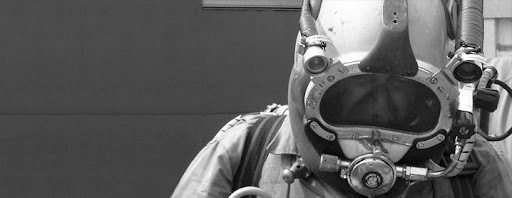
The qualification allows the diver to use hydraulic and pneumatic power tools, high pressure water jets, underwater welding and cutting, hand tools, thermic lances, explosive tools, air lifts, LP and HP compressions, LP and HP compressors, operate deck decompression chambers, manage air quads, hot water suits, dry suits, surface decompression with oxygen, diving baskets and stages, wet bells type I and type II, do diver with over 20 minutes decompression, inspection and measurements, photography and CCTV inspection, explosive procedures underwater, surface supply diving control panels, underwater dredging, understanding of therapeutic decompression tables, principles of closed and semi closed circuit breathing apparatus, operate a deck decompression chamber during surface decompression and therapeutic treatments, understand the permit to work systems, and much more.
Course Details: Class II 50 Meter Scuba
Location: Nigeria. Training will be done in both fresh water and open sea condition.
Cost: N3,950,000 Million Naira only
Duration: N/S
Prerequisites for Class II:
- Have completed 30-meter Scuba course and 30-meter Surface Supplied course
- Complete and pass Diving Medical Examination as per Nigerian Diving Regulations and be in a health, fit state (Done at School Doctor)
- Have a valid diving first aid certificate. (Can be done on the course)
Some Subjects Covered on the Course:
- The physics of diving
- Diving physiology and first aid
- Diving medicine understanding therapeutic decompression table and procedures
- Surface decompression procedures and omitted decompression procedures
- Full face masks, band masks and helmets
- Application of Air decompression tables including decompression stops and procedures
- Diving emergencies, recue and diving hazards
- Diving equipment and maintenance
- Pre and Post dive checks
- Wet bell diving using both type I and II wet bells
- Dive baskets / stage diving
- DP vessels and dive support vessels
- Hand signals, lifeline and voice communications
- Underwater surface supply tasks and work
- Surface supply diver, standby diver and attendant procedures
- Legislation and guidance
- Compression chamber checks and operation
- Low pressure & High pressure (HP) Compression, air quads and cylinders
- Seamanship and surface supply from diving vessels providing LP compressors and HP compressors and air quads onboard as well as deck decompression chamber
- Day and night diving
- Fresh water and open sea diving
- Hot water suit diving, dry suits and constant volume dry suits
- Hydraulic and pneumatic tools for Class II diving
- Maintenance of underwater tools
- Water jetting HP and LP including abbrasives
- Dredging
- Underwater Welding
- Broco cutting
- Searching and measurements
- Basic stills photography and CCTV
- Nitrox theory and SSDE diving for Nitrox if module selected
- There is so much more covered than what is listed above as well
- Underwater construction
- Underwater flanges + pipelines
- Introduction to NDT thickness meter and CP meter
- Small inflatable boat handling
Testimonials
Exceeding Customer Expectations via our On the Job Training (OJT) Online & Offline
We are the first choice for subsea engineering and training in the oil, gas and renewables and we stand out thanks to the quality of our technical capabilities and excellent customer service.
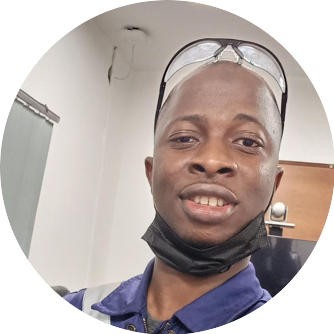
Animashaun Musa Bolarinwa
Surveyor, Geodetic Offshore Services Limited, Africa
"The Subsea Survey, Systems Positioning and Metrology (SSSPM) Level 1 & Level 2 training was very enlightening and insightful. It expanded my knowledge of Underwater Acoustic Positioning and Subsea Metrology. I appreciate Chess Subsea for putting up such educative platform while utilizing highly experienced facilitators and cutting-edge resources."
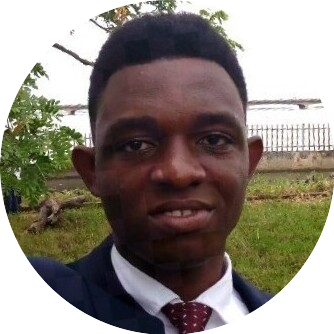
Edward Oluwasegun Oyelade
Trainee Data Processor / Geophysicist, Africa
"Through the SSSPM Level 1 & Level 2 training I was able to connect a lot of my previous knowledge of seabed survey and the gas industry into a big picture of how they operate. I was adequately introduced to metrology with patient description of subsea facilities, the metrology process, terms, and industry standards. I was also exposed to aspects of systems positioning systems new to me. As an aspiring geophysicist, I can say for sure that I have become more knowledgeable of subsea activities."
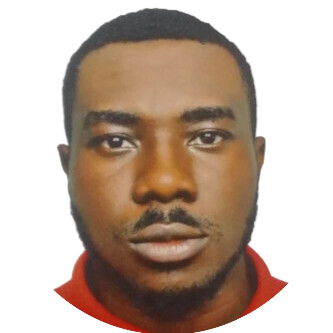
Odafe Abade
Graduate Production Engineer, Sterling Oil Exploration & Energy Production Company (SEEPCO) Limited, Africa
"I just completed the Natural Gas Engineering Production Process (NGEPP) Level 1 & Level 2 and I must say it has been an insightful experience and a great opportunity to learn new things. My tutor was very thorough with the course outline, his explanation was comprehensive and I really loved how he supported each topic on the course outline with videos in order for to grasp a virtual view of all the processes involve in natural gas processing."
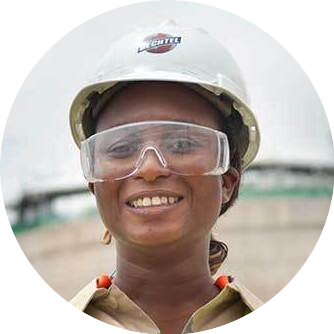
Adelina Adao
Gas Engineer, Betchel, Angola, Africa
"I found the Natural Gas Engineering Production Processes (NGEPP) Level 1 & Level 2 interesting, challenging, and rewarding. I learnt a lot by following the course set out including Oil and Gas Seperation, Gas Dehydration, Petroleum Gas Compression, Natural Gas Liquid Recovery, Oil Pumping and Metering & Water Injection. Assignments were corrected quickly, with lots of positive feedback from the tutors."
